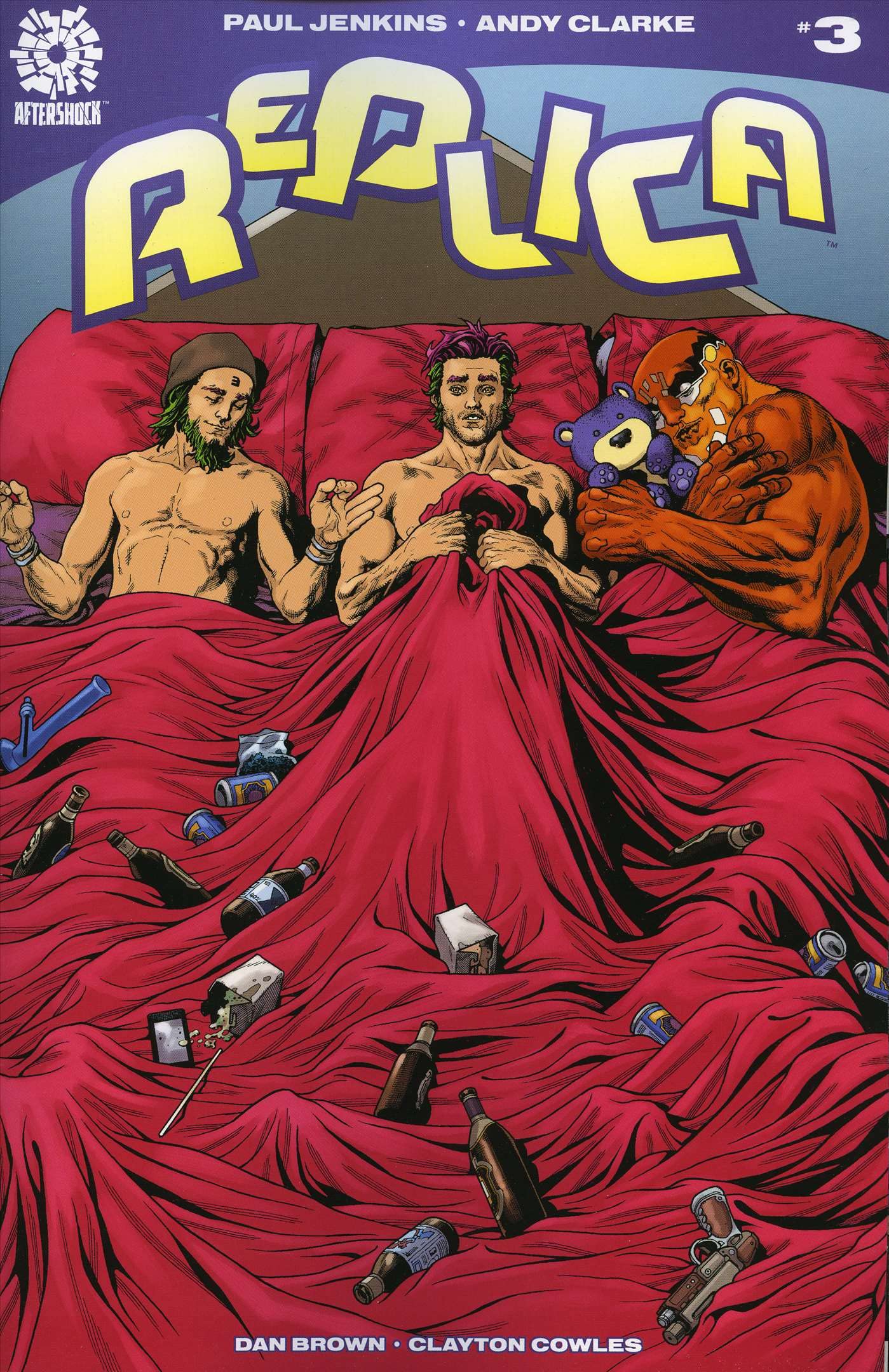Smart Ways to Explore Illusive Comics in 2025: Discover the Best Titles

Smart Ways to Explore Illusive Comics in 2025
As we delve into the world of illusive comics and graphic novels in 2025, it’s essential to highlight the significance of this dynamic medium. Comics not only provide entertainment but also offer unique storytelling experiences that combine visual narratives and artistic flair. With the rise of independent comics and various art styles in comics, readers are presented with a plethora of choices. From captivating character development to the humor often found in comic strips, the exploration of this vibrant culture offers something for every enthusiast.
In this article, we will discover the best titles and trends to look out for in the upcoming year. We'll explore how innovations in digital comics and webcomics platforms are shaping the future of comic publishing. Furthermore, we will provide insights for comic book collectors, fans of diverse characters, and newcomers to the comic book scene. Whether you’re interested in superhero comics or niche independent titles, this guide promises to enrich your comic reading journey.
Key takeaways include understanding the art and storytelling in comics, highlighting prominent comic series, and identifying the latest trends affecting the comic book industry.
Uncovering the Best Titles in Independent Comics
As comic book culture evolves, independent comics are becoming increasingly significant in shaping diverse narratives and unique art styles. In recent years, indie comic creators have successfully challenged mainstream conventions, providing readers with fresh perspectives and innovative storytelling techniques. By exploring the strengths of independent comics, we can appreciate the myriad of voices present in today’s graphic novels.
This naturally leads us to examining the innovative plots found in some of the best titles. Works like "Saga" and "Yasmeen" have made waves with their layered character arcs and diverse comic characters. Readers of all ages can find captivating stories, from humor in comics to poignant biographical narratives, facilitating deeper engagement with social issues through illustrated storytelling.
Moreover, the means to access these independent gems are expanding. Many readers are turning to comic book shops that specialize in indie releases as well as webcomics platforms that tailor to a wide audience. These platforms also often feature experimental comics that push visual storytelling boundaries.

Exploring Unique Concepts in Graphic Novels
Graphic novels have come a long way from traditional storytelling forms. With themes ranging from adventure to deep emotional explorations, the genre is experiencing a renaissance filled with unique comic book concepts. Titles like "Watchmen" continue to influence new projects and adaptations, showcasing how comic book storytelling can tackle complex socio-political themes.
Additionally, illustrated storytelling has provided a rich canvas for cartoonists and comic writers to experiment with narratives. Works that delve into historical themes and cultural commentary have gained recognition, making these visual novels both entertaining and educational tools for readers.
Emphasizing this trend, graphic novels for teens like "Nimona" are not only expanding readership demographics but also introducing younger audiences to diverse representation in comic characters. By blending humor and poignant messages, creators have successfully fostered a growing comic reading community that celebrates every facet of life.
The Impact of Digital Comics and Webcomics
Digital comics are revolutionizing how we consume visual narratives. The growing popularity of comic book adaptations in digital formats has opened the door for a more interactive reading experience. Platforms like Webtoon and Tapas allow for serialized storytelling, ensuring that the excitement of new releases keeps readers engaged throughout the year.
Webcomic creators often take advantage of this flexibility by embracing innovative narrative structures. Character relationships can evolve in real-time, reflecting current social sentiments and trends. The accessibility of these platforms has made comics for beginners particularly appealing, as they provide an inviting entry point into the comic book world.
Moreover, the integration of AI and machine learning in creating comic book content is an emerging trend. Text-to-comic generation and sentiment analysis techniques are enabling creators to tailor their stories based on audience feedback, enhancing relatability in comic characters—a crucial factor for long-term engagement.
Adapting Comics for New Mediums
The intersection of comics and other storytelling mediums is becoming more pronounced. The transition of comic book adaptations into films and animated series has opened up new pathways for exploring graphic storytelling. This exploration raises questions about the integrity of the original material and how visual narratives translate across formats.
Following this approach, we will analyze how popular comic series such as "The Umbrella Academy" and "Locke & Key" have been adapted for television, bringing classic comic book heroes and nuanced narratives to broader audiences. Fans often appreciate when adaptations stay true to their source's character development and art styles in comics, enhancing the viewing experience.
Comic book historians have observed that these adaptations can influence comic book culture, pushing creators to innovate in both storytelling and art to hook new audiences. As fans demand more content, comic book merchandise and collectibles become essential aspects of engaging with these beloved franchises.

Comic Book Challenges Facing Creators
Every industry faces challenges, and the comic book publishing sector is no different. From financial constraints to the constant evolution of technology impacting how stories are told, creators must adapt to survive. The rise of digital art in comics, while providing greater accessibility, has also led to increased competition among artists and writers.
Moreover, the comics industry grapples with issues of representation, striving to embrace multicultural comics that resonate with diverse audiences. This journey toward inclusivity has prompted important conversations on feminist themes in comics and LGBTQ+ representation, pushing comic book creators to expand their horizons continually.
Comic book awards recognize groundbreaking work in the industry, serving as a benchmark for excellence. These accolades highlight comics that tackle important social issues and offer readers a chance to engage with diverse narratives. For collectors and enthusiasts, understanding comic book trends is vital in fostering a rich appreciation for this ever-evolving domain.
The Role of Comic Conventions and Forums
Comic conventions have become pivotal gatherings for fans, artists, and publishers alike. They serve as platforms for comic book collectors to discover new titles, network with creators, and participate in discussions about the future of storytelling in comics. Events like San Diego Comic-Con and New York Comic Con celebrate comic book culture and offer immersive experiences for attendees.
Additionally, comic book forums and online communities provide avenues for fans to share their love for storytelling and character analysis. These platforms facilitate discussions on comic book recommendations, popular series, and trends. By engaging with a diverse array of voices, readers can broaden their perspectives on comic book culture.
As we look to the future, it’s crucial to advocate for the preservation and innovation of comic book arts, further ensuring that this vibrant storytelling medium continues to thrive.
Fan Art and Its Influence on Comics
Fan art plays a unique role in the comic book landscape, allowing fans to express their love for particular characters and stories. This phenomenon can spark discussions around diverse comic characters and the various representations within the medium. Sharing fan art on social platforms strengthens community ties and recognizes the influence that these characters have on our lives.
Moreover, fan art often inspires professional creators, leading to collaborations that merge fan interpretations with established comic book art styles. This symbiotic relationship encourages both budding and prominent artists to experiment with their craft, potentially leading to even more innovative storytelling techniques in original comics.
As fan fiction writers expand their narratives through alternate universes or “what if” scenarios, discussions surrounding visual storytelling and comic book aesthetics flourish, pushing the boundaries of creativity.
Looking Ahead: The Future of Comic Book Publishing
As we head into 2025, the landscape of comic book publishing is set for transformation. The integration of technology will continue to influence how comics are created and consumed, with narratives that push the envelope of traditional artistic expressions. Collaborative tools for comic creators will pave the way for a more inclusive and progressive industry, allowing for diverse voices to rise to prominence.
The future of comic stories promises exciting developments in online comic platforms, where readers can access a vast array of titles instantly. With the rise of alternative comics and memoirs being told through this medium, the storytelling landscape becomes richer and more dynamic.
As comic book culture expands globally, embracing a variety of genres and styles, fans are encouraged to explore new creative avenues, making the comic reading community more vibrant than ever. Finding treasures amongst independent comics and embracing the diversity of character arcs will bring a renewed sense of enthusiasm to the industry.
Q&A: Navigating the Comic Book Universe
Q: How can I get started with reading comics?
A: Begin by exploring genres that interest you! Check out comic book shops or online platforms dedicated to comics for beginners. Recommendations from friends or comic book forums can also guide you to popular titles.
Q: What's the difference between graphic novels and comics?
A: While both share similar artistic expressions, graphic novels typically have a standalone narrative or story arc, whereas comics generally feature serialized storylines in shorter installments.
Q: How do I choose the right comic for my age group?
A: Comics are tailored for various age groups. Research graphic novels for teens or young readers, and seek out recommendations from comic book reviews to find age-appropriate content.
Q: What role do art and storytelling play in comics?
A: Art and storytelling are intricately woven in comics. The visual narrative enhances the emotional impact of the story, while dialogue and character development drive the plot forward.
Q: How can I find local comic conventions?
A: Check social media, comic book shops, or official convention websites for schedules and information about upcoming events in your area.
```